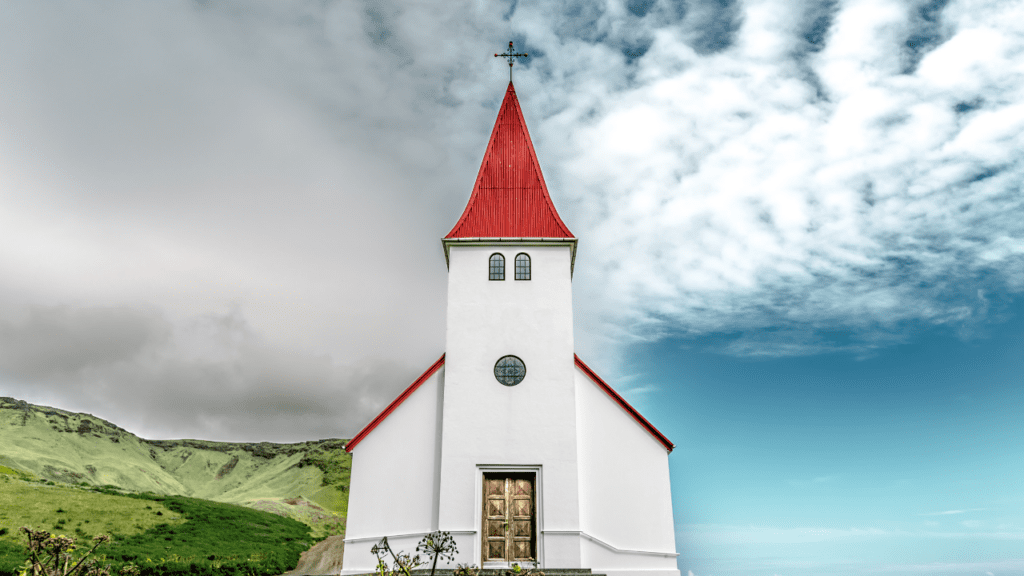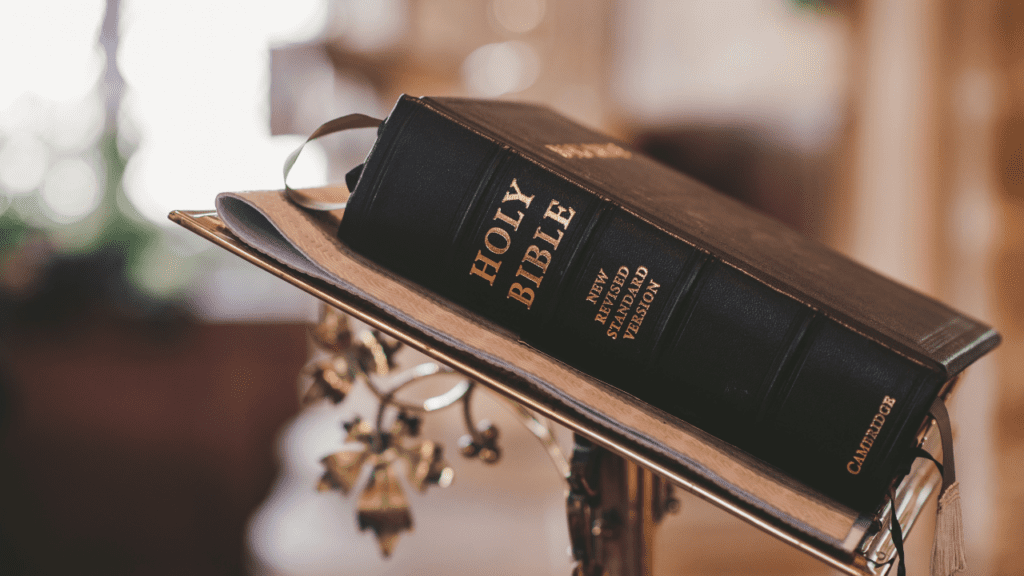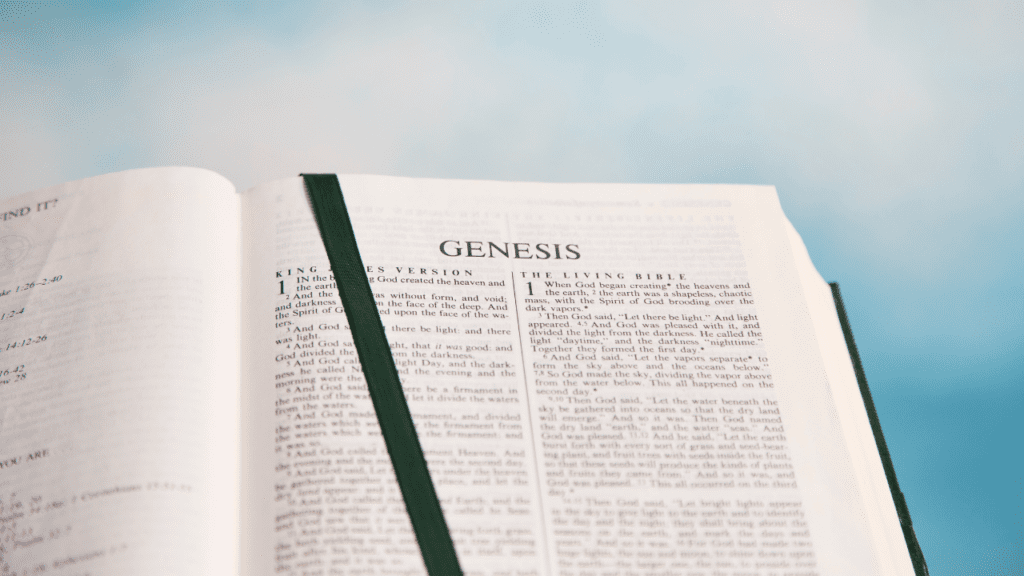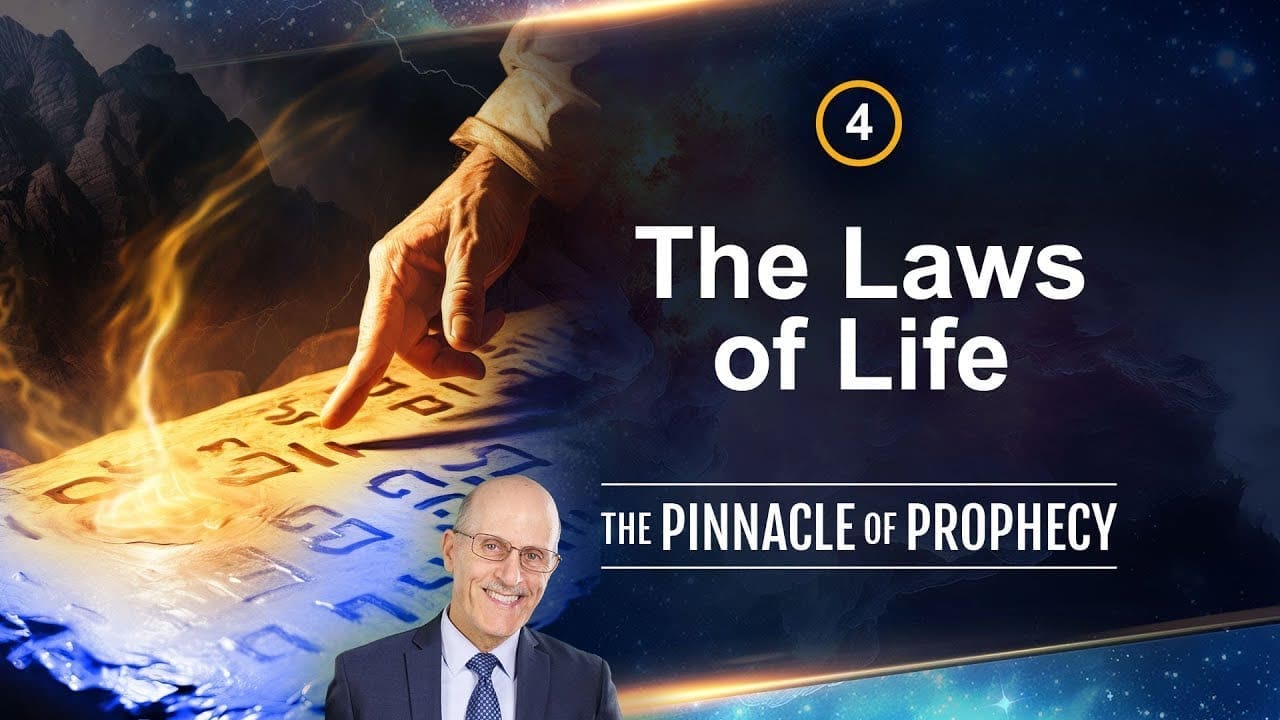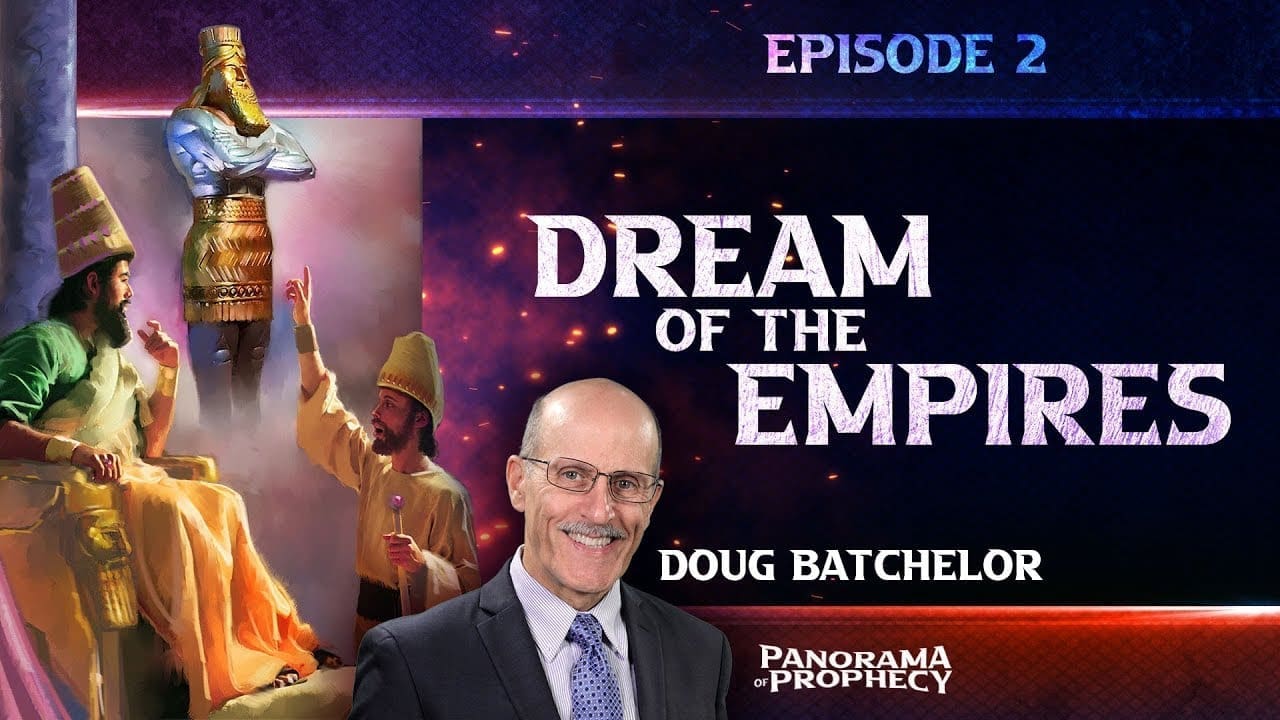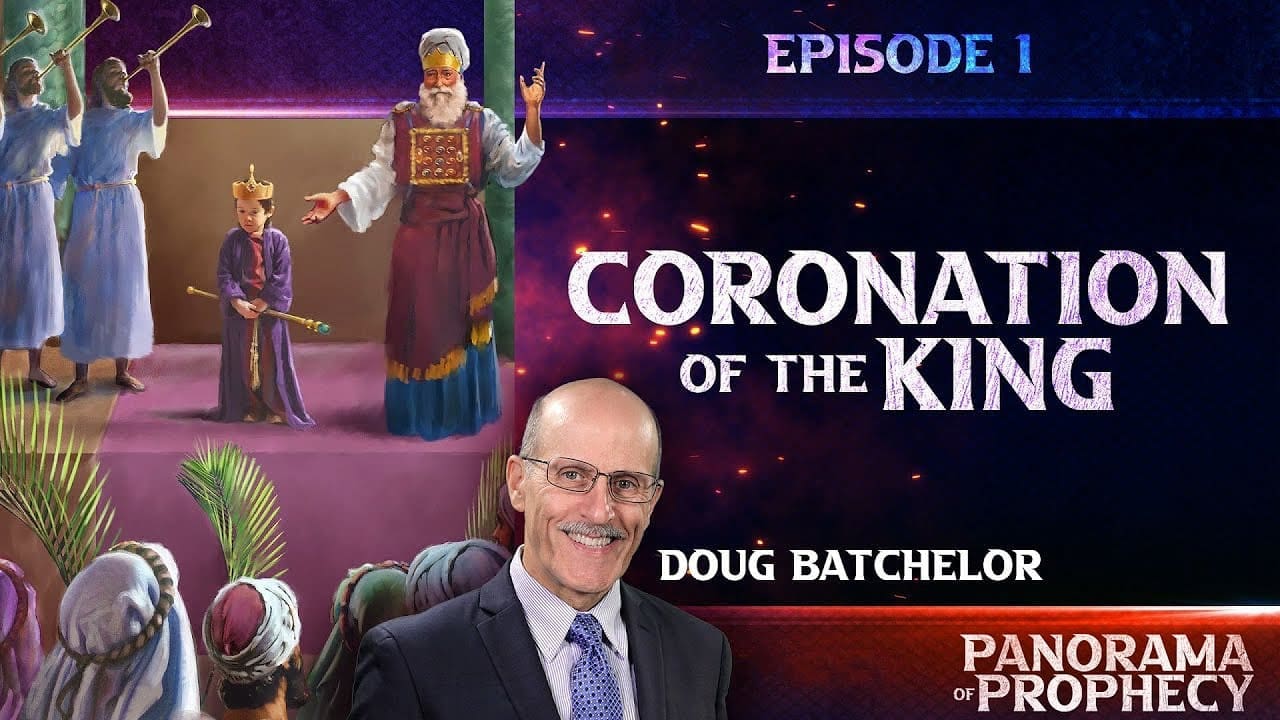Many folks often mistakenly call the seventh-day Sabbath the “Jewish Sabbath,” but this label isn’t quite right. The Sabbath was set in motion by God at creation, well before there was a Jewish nation. In Genesis 2:1–3, it’s crystal clear that God finished His work on the sixth day and had a rest on the seventh day, blessing and making it holy.
To sanctify something means to declare it holy and designate it for a divine purpose. God singled out the seventh day as a sacred day of rest and a special time for communion with Him. This action of sanctification took place at the close of the creation week, which suggests that the Sabbath was intended for all people across history.
Jesus Himself confirmed the universal significance of the Sabbath when He stated, “The Sabbath was made for man, and not man for the Sabbath” (Mark 2:27). This comment underscores that the Sabbath is a gift from God intended to benefit all people.
When the Ten Commandments were given to the Jewish people, the instruction to remember the Sabbath was included (Exodus 20:8). This command hints that the Hebrews might have lost sight of the Sabbath during their period of captivity in Egypt. However, the Sabbath was established long before the commandments were given and was known to humanity even before then.
What’s more, the Sabbath will still be observed in the new earth, as described in Isaiah 66:22, 23. This supports its eternal importance and lasting value.
In a nutshell, the Sabbath isn’t just for the Jewish people, but is a special gift from God for everyone. It’s a day of rest, a time to communicate with our Creator, and a reminder of our bond with Him.




